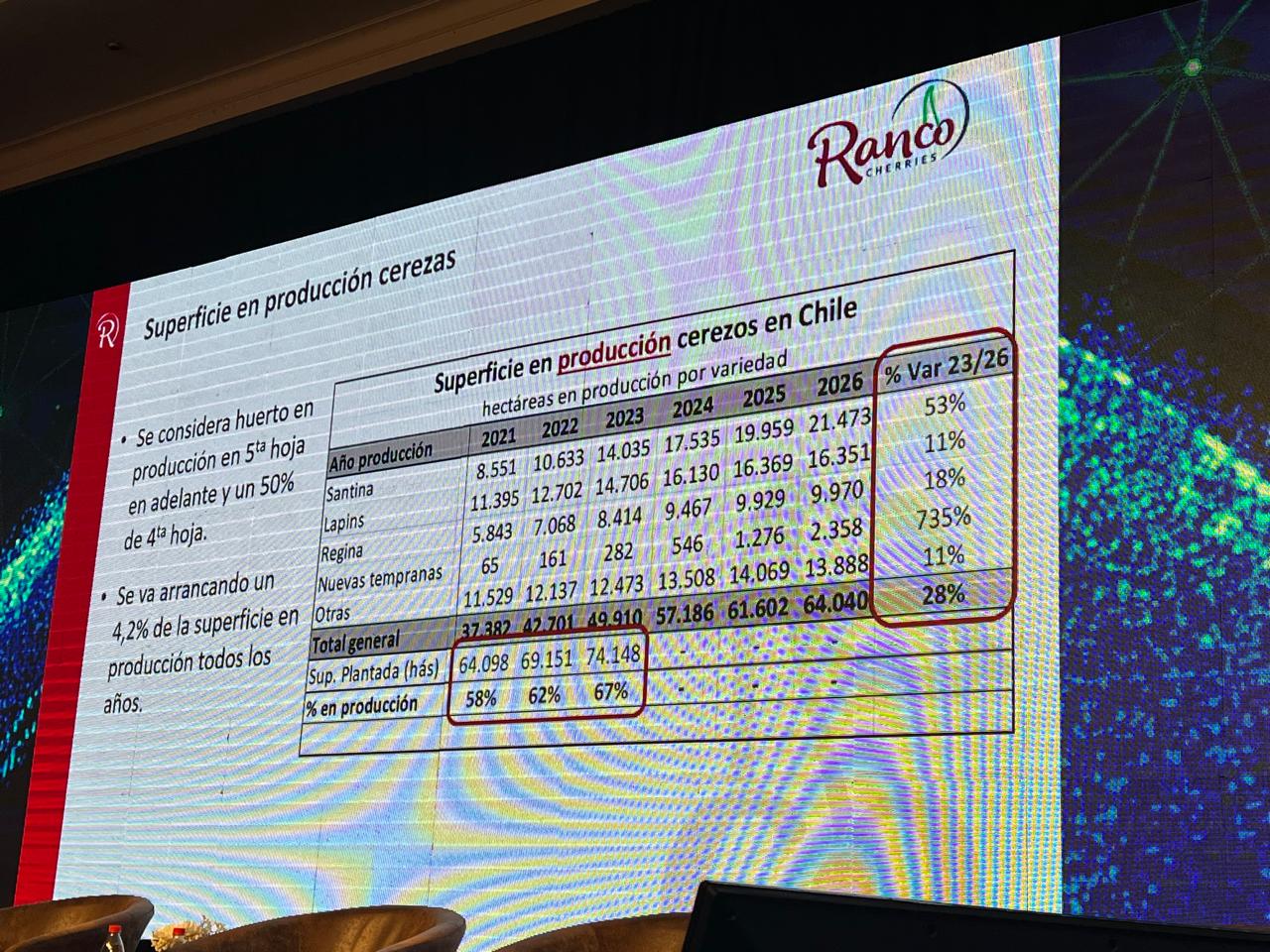Cherries emerge as crucial allies in controlling diabetes. The safety of cherry consumption for diabetes patients is a proven fact, helping to maintain blood sugar levels in a balanced dietary plan. In order to maintain stable sugar levels, it is essential to make changes to the diet, paying particular attention to carbohydrates. Cherries, while containing sugar, rank among the safe fruits for diabetics, however, requiring moderation in portion sizes.
The American Diabetes Association (ADA) encourages cherry consumption in a low glycaemic index (GI) diet, where low-GI foods release glucose into the bloodstream more slowly, helping to keep sugar levels stable. The many benefits of cherries for diabetes sufferers are revealed in their low fat content, richness in fibre and vitamin C, recommended by both the ADA and the Centers for Disease Control and Prevention (CDC).
Thanks to antioxidants called anthocyanins, cherries can positively influence glucose production, reducing the risk of blood sugar spikes. Studies also indicate a potential promotion of insulin production through cherry consumption.
The anthocyanins in cherries, with antioxidant properties, have been shown to manage blood sugar levels and reduce insulin resistance in diabetic patients, according to scientific evidence. Further research indicates that cherries may bring additional health benefits, including improved sleep, cognitive function, reduced arthritis symptoms and support recovery after strenuous exercise.
In conclusion, cherries, with their low glycaemic index and ideal nutritional intake, are a healthy and tasty choice for diabetic patients, contributing to the effective control of diabetes through a balanced diet rich in essential nutrients.
Read the full article: Medical News Today
Image: Cleveland Clinic
Cherry Times - All rights reserved










